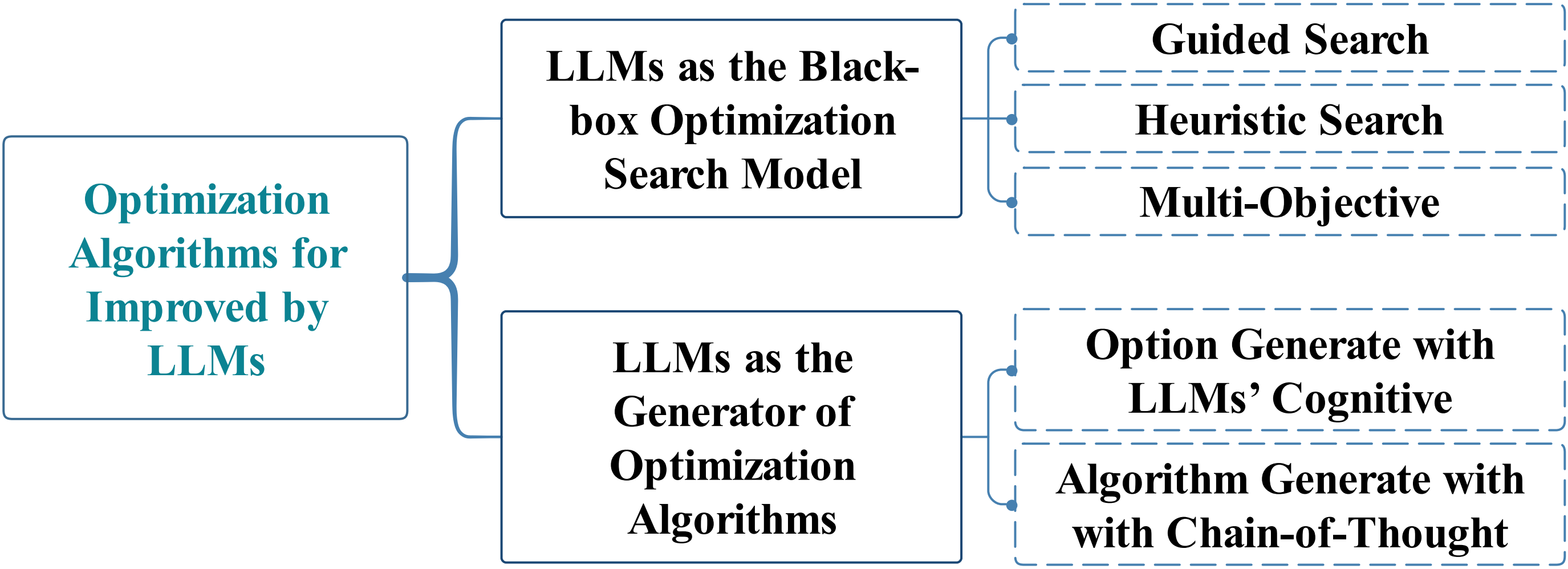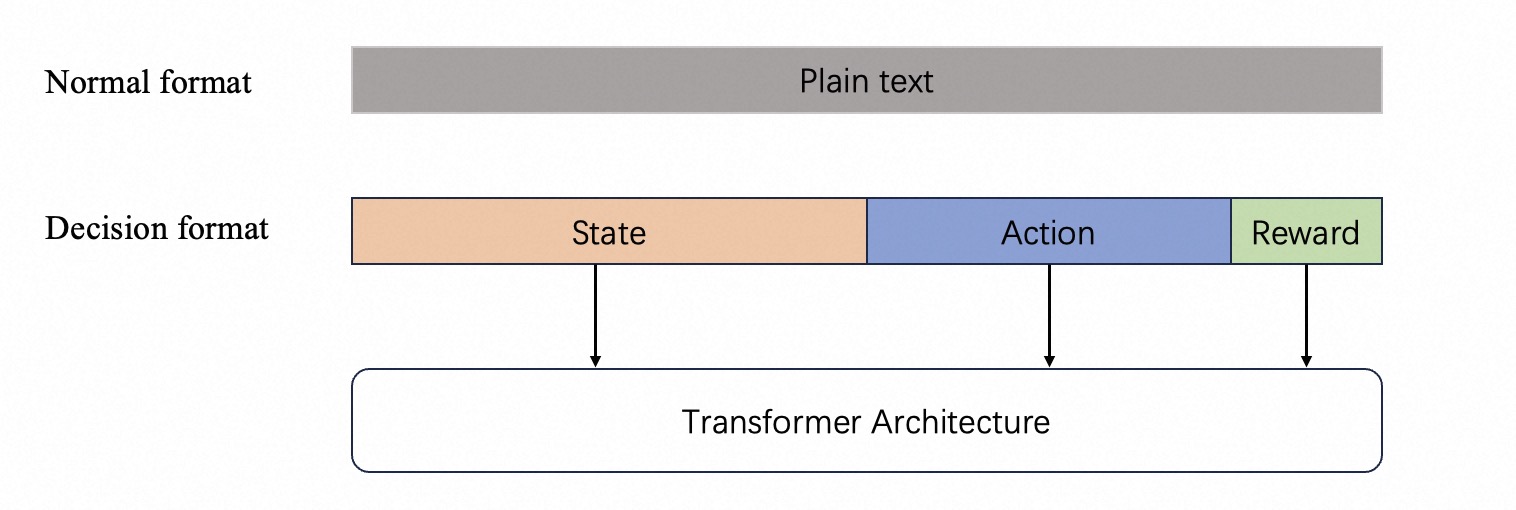Optimal Decision Making Through Scenario Simulations Using Large Language Models

0
💬
Sign in to get full access
Overview
- The paper discusses a framework for optimal decision-making using scenario simulations with large language models (LLMs).
- It explores how LLMs can be leveraged to generate diverse scenarios and evaluate potential outcomes, supporting more informed and robust decision-making.
- The proposed approach aims to help decision-makers navigate complex, uncertain environments by considering a range of possibilities and their implications.
Plain English Explanation
Large language models (LLMs) are powerful AI systems that can generate human-like text on a wide range of topics. In this paper, the researchers explore how LLMs can be used to enhance decision-making processes.
The key idea is to use LLMs to simulate different scenarios that a decision-maker might face. For example, if a company is considering launching a new product, the LLM could generate various possible market conditions, competitor responses, and other factors that might impact the success of the launch. By considering these diverse scenarios, the decision-maker can make more informed and robust choices.
The researchers developed a framework that guides the use of LLMs for this purpose. It involves prompting the LLM to generate relevant scenarios, evaluating the potential outcomes of each scenario, and then selecting the optimal course of action based on this analysis.
This approach can be particularly useful in complex, uncertain environments where there are many variables at play. By considering a range of possibilities, decision-makers can better anticipate and prepare for potential challenges, rather than relying on a single, potentially flawed, prediction.
The researchers provide examples of how this framework could be applied in different domains, such as business strategy, government policy, and disaster response planning. They also discuss how the use of LLMs can enhance situational awareness and problem-solving in complex environments.
Technical Explanation
The researchers propose a framework for optimal decision-making through scenario simulations using large language models (LLMs). The key steps are:
-
Scenario Generation: The LLM is prompted to generate diverse and plausible scenarios relevant to the decision-making context. This could involve considering factors such as market conditions, competitor actions, or environmental changes.
-
Scenario Evaluation: The potential outcomes of each generated scenario are evaluated, considering factors like financial impact, risk, and alignment with the decision-maker's objectives.
-
Optimal Decision Selection: Based on the analysis of the simulated scenarios, the optimal decision or course of action is selected, balancing various factors and trade-offs.
The researchers demonstrate the effectiveness of this approach through case studies in different domains, including business strategy, policy-making, and disaster response planning. They show how the use of LLMs can generate a wide range of relevant scenarios, enabling more comprehensive and informed decision-making.
The paper also discusses the advantages of this approach, such as its ability to capture complex interdependencies, handle uncertainty, and adapt to changing circumstances. The researchers argue that by considering a diverse set of scenarios, decision-makers can develop more robust and resilient strategies.
Critical Analysis
The researchers acknowledge several limitations and areas for further research in their paper. One key limitation is the potential for bias or inaccuracies in the scenarios generated by the LLM, which could lead to suboptimal decisions. The researchers suggest that careful prompting and validation of the generated scenarios is essential to mitigate this risk.
Additionally, the researchers note that the computational complexity of evaluating multiple scenarios may pose challenges, especially for real-time or high-stakes decision-making. Further research is needed to explore efficient algorithms and computational techniques to address this issue.
Another area for further investigation is the integration of this framework with other decision-support tools, such as optimization models or reinforcement learning algorithms. Combining different approaches could potentially enhance the overall decision-making process.
Overall, the researchers present a promising framework that leverages the capabilities of large language models to support more informed and robust decision-making. However, further research and real-world validation are needed to address the identified limitations and fully realize the potential of this approach.
Conclusion
This paper introduces a framework for optimal decision-making through scenario simulations using large language models (LLMs). The key idea is to leverage the ability of LLMs to generate diverse and plausible scenarios, evaluate their potential outcomes, and then select the optimal course of action.
The proposed approach aims to help decision-makers navigate complex and uncertain environments by considering a range of possibilities and their implications. The researchers demonstrate the applicability of this framework across various domains, including business strategy, policy-making, and disaster response planning.
While the framework shows promise, the researchers acknowledge several limitations and areas for further research, such as addressing potential biases in the generated scenarios and improving computational efficiency. Integrating this approach with other decision-support tools could also lead to enhanced decision-making capabilities.
Overall, this paper offers a compelling exploration of how large language models can be harnessed to support more informed and robust decision-making, with significant implications for various industries and societal challenges.
This summary was produced with help from an AI and may contain inaccuracies - check out the links to read the original source documents!
Related Papers
💬

0
Optimal Decision Making Through Scenario Simulations Using Large Language Models
Sumedh Rasal, E. J. Hauer
The rapid evolution of Large Language Models (LLMs) has markedly expanded their application across diverse domains, transforming how complex problems are approached and solved. Initially conceived to predict subsequent words in texts, these models have transcended their original design to comprehend and respond to the underlying contexts of queries. Today, LLMs routinely perform tasks that once seemed formidable, such as writing essays, poems, stories, and even developing software code. As their capabilities continue to grow, so too do the expectations of their performance in even more sophisticated domains. Despite these advancements, LLMs still encounter significant challenges, particularly in scenarios requiring intricate decision-making, such as planning trips or choosing among multiple viable options. These tasks often demand a nuanced understanding of various outcomes and the ability to predict the consequences of different choices, which are currently outside the typical operational scope of LLMs. This paper proposes an innovative approach to bridge this capability gap. By enabling LLMs to request multiple potential options and their respective parameters from users, our system introduces a dynamic framework that integrates an optimization function within the decision-making process. This function is designed to analyze the provided options, simulate potential outcomes, and determine the most advantageous solution based on a set of predefined criteria. By harnessing this methodology, LLMs can offer tailored, optimal solutions to complex, multi-variable problems, significantly enhancing their utility and effectiveness in real-world applications. This approach not only expands the functional envelope of LLMs but also paves the way for more autonomous and intelligent systems capable of supporting sophisticated decision-making tasks.
Read more7/11/2024


0
When Large Language Model Meets Optimization
Sen Huang, Kaixiang Yang, Sheng Qi, Rui Wang
Optimization algorithms and large language models (LLMs) enhance decision-making in dynamic environments by integrating artificial intelligence with traditional techniques. LLMs, with extensive domain knowledge, facilitate intelligent modeling and strategic decision-making in optimization, while optimization algorithms refine LLM architectures and output quality. This synergy offers novel approaches for advancing general AI, addressing both the computational challenges of complex problems and the application of LLMs in practical scenarios. This review outlines the progress and potential of combining LLMs with optimization algorithms, providing insights for future research directions.
Read more5/17/2024


0
Efficient Sequential Decision Making with Large Language Models
Dingyang Chen, Qi Zhang, Yinglun Zhu
This paper focuses on extending the success of large language models (LLMs) to sequential decision making. Existing efforts either (i) re-train or finetune LLMs for decision making, or (ii) design prompts for pretrained LLMs. The former approach suffers from the computational burden of gradient updates, and the latter approach does not show promising results. In this paper, we propose a new approach that leverages online model selection algorithms to efficiently incorporate LLMs agents into sequential decision making. Statistically, our approach significantly outperforms both traditional decision making algorithms and vanilla LLM agents. Computationally, our approach avoids the need for expensive gradient updates of LLMs, and throughout the decision making process, it requires only a small number of LLM calls. We conduct extensive experiments to verify the effectiveness of our proposed approach. As an example, on a large-scale Amazon dataset, our approach achieves more than a $6$x performance gain over baselines while calling LLMs in only $1.5$% of the time steps.
Read more6/19/2024


0
Building Decision Making Models Through Language Model Regime
Yu Zhang, Haoxiang Liu, Feijun Jiang, Weihua Luo, Kaifu Zhang
We propose a novel approach for decision making problems leveraging the generalization capabilities of large language models (LLMs). Traditional methods such as expert systems, planning algorithms, and reinforcement learning often exhibit limited generalization, typically requiring the training of new models for each unique task. In contrast, LLMs demonstrate remarkable success in generalizing across varied language tasks, inspiring a new strategy for training decision making models. Our approach, referred to as Learning then Using (LTU), entails a two-stage process. Initially, the textit{learning} phase develops a robust foundational decision making model by integrating diverse knowledge from various domains and decision making contexts. The subsequent textit{using} phase refines this foundation model for specific decision making scenarios. Distinct from other studies that employ LLMs for decision making through supervised learning, our LTU method embraces a versatile training methodology that combines broad pre-training with targeted fine-tuning. Experiments in e-commerce domains such as advertising and search optimization have shown that LTU approach outperforms traditional supervised learning regimes in decision making capabilities and generalization. The LTU approach is the first practical training architecture for both single-step and multi-step decision making tasks combined with LLMs, which can be applied beyond game and robot domains. It provides a robust and adaptable framework for decision making, enhances the effectiveness and flexibility of various systems in tackling various challenges.
Read more8/13/2024